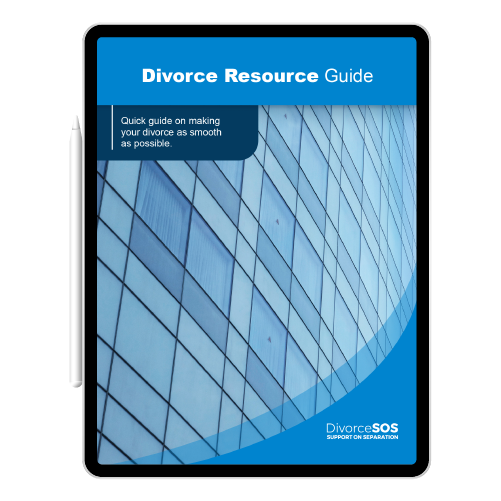Registered Education Savings Plans
How RESPs Affect Divorce
While RESP funds are typically intended for the beneficiary child or children, they are legally the subscriber’s property. This means that the underwriter has the final say on what happens to the money in an RESP. Of course, if the account has joint policyholders, both will have an opinion on how the RESP is handled.

In general, RESPs are not considered divisible property in the event of divorce. The Income Tax Act explicitly states that RESPs are not required to be divided between the parties. Parents typically consider these plans to be non-marital assets and agree not to divide them.
But, once again, how you handle RESPs, especially if it’s a joint account, is entirely up to you. RESPs can be handled in a variety of ways during separation and divorce, including:
Equalization
An RESP may be considered a matrimonial asset for equalization or division purposes. This means that it can be divided in the event of a divorce or separation. But keep in mind that it all comes down to what you and your partner agree on. You are not obligated to do so.
Joint Contributions
As previously stated, most parents consider RESPs to be assets for their children and choose to leave them alone. You could continue to contribute to the RESP if you both contributed prior to the divorce or separation. However, after a divorce, you cannot open a joint subscription account. Another thing to keep in mind is that your RESP will not be protected from creditors if you choose this option. As a result, if either spouse declares bankruptcy, some or even all of the plan’s value may be compromised.
Equal Splitting
At the time of separation, you may choose to split the RESP in the middle and then continue the separate RESPs for children. There will be no penalty for such a transfer if the beneficiary in both plans is the same or the plans share siblings, and the receiving plan allows for more than one beneficiary.
Section 7 Expenses
Parents have the option of allocating RESP funds to extraordinary child support expenses. In any case, postsecondary education is already included in the category of extraordinary expenditures.
At the end of the day, no matter how you choose to treat your RESP, it all comes down to what you and the other parent agree to in your separation agreement. With the help of a professional, the two parties can reach a mutually beneficial arrangement that addresses all of their concerns.
Whatever you decide, it is preferable to make sure that everything is supported by full disclosure. Both parties should present a complete set of facts that clearly show how much each contributed and what inequalities exist between the parties. You will typically be required to provide a statement of your RESP balance to provide complete disclosure.
DIVORCE REFERENCE GUIDE

